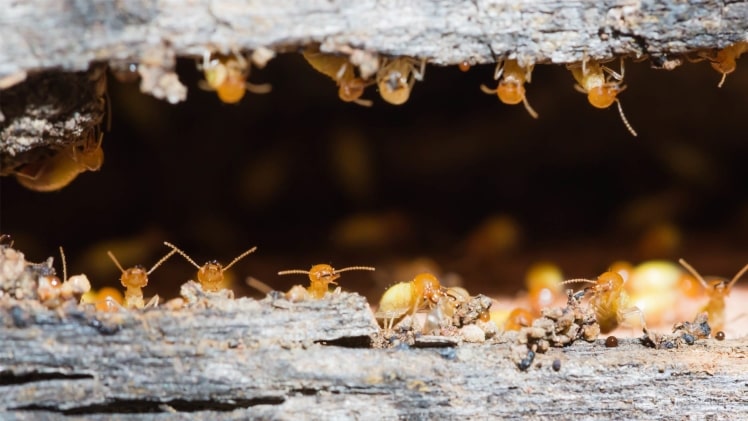After the first frost has come, the general consensus is that pests are no longer a problem. However, is this truly the case? What effect does the frost have on insect populations, and should you continue to be on the lookout for pests after the frost?
Even while many pests can survive the winter, particularly in places where the ground freezes, according to pest control Verona, WI, many of them struggle mightily to do so. Bugs can tolerate a little bit of frost and then defrost a few days later to resume their usual activity in certain situations.
Mosquito eggs, for example, may survive even if the water in which they have placed freezes throughout the course of the whole winter season. When the weather warms up again, the eggs will be capable of hatching and surviving.
PESTS MUST FIND BETTER SHELTER IN THE EVENT OF A LIGHT FROST
Even if a little frost and freeze-overnight kill certain bugs, it’s more often than not just a signal to start looking for a new habitat. In the majority of situations, you have your own space.
As a result, pre-winter house remedies are very important to do. We can prevent pests from invading your home by using the services of a pest control firm such as Rove Pest Control’s products.
Pests have infested your home as a result of the fact that they have been allowed to nest and proliferate in an uncontrolled environment. We can safely assume that any pests that manage to get through the barrier this fall will not be able to survive for long in your home.
It’s likely that you’re unwittingly creating a breeding ground for bugs that you’re not even aware of. The last thing you want to be doing in the fall is providing a haven for rodents by keeping your lawn uncut. However, this is exactly what you should do.
It is possible that this higher grass will act as a temperature buffer for pests during a frost or even after a snowstorm. Pests are also shielded from the cold by mounds of leaves, which serve as warm habitats for pests to survive the winter months.
Pests may be able to survive for much longer periods of time throughout the season if they have a location to hide like this. Not only do insects become more violent in their pursuit of mates, food, and shelter, but so do other animals. Just because it is cold or frosty does not mean that bugs have vanished from the face of the earth.
WHEN IT’S COLD OUTSIDE, PESTS DIG IN THEIR HEELS
The presence of frost causes pests to dig deeper into the ground or seek for hiding spots. A large number of pests either hibernate or remain active but in a more subterranean location throughout the winter months.
An ant’s subterranean tunnels are often shut off from the outside world by stones or mud, which is common in the case of other ant species. This prevents them from freezing to death in the tunnels under the surface of the earth.
It has been observed that some bugs hibernate in trees and their bark throughout the winter months. The presence of moles under the frost line indicates that they are continuing to graze on a number of different pests and food sources beneath the frost line.
Moles like to burrow their tunnels deep into the ground, but voles, such as the meadow vole, prefer to stay on the surface and gather grass blades to use as insulation in their tunnels. It is less likely that your lawn will be damaged by pests if you maintain your grass short, which means that less damage will be done to your lawn over the course of a winter.
It is very uncommon for pests to dislike it when their options are restricted, so don’t count on a frost or other cold weather to rid your home of them. Put in place a barrier treatment around your home in order to quickly kill any pests that manage to make their way inside.

